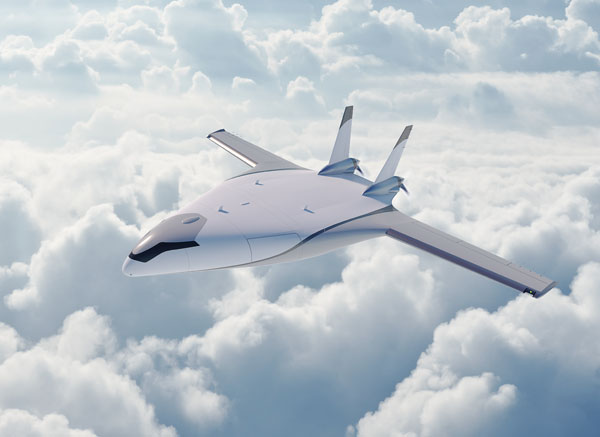Natilus selects engine supplier for N3.8T autonomous cargo aircraft
26 / 08 / 2022

3.8 ton payload short-haul feeder UAV. Photo: Natilus
US autonomous cargo aircraft developer Natilus has selected Pratt & Whitney Canada to supply the engines for the first of the Natilus family fleet: the N3.8T.
California-based Natilus is initially producing the N3.8T as a prototype and as long-term short-haul air cargo feeder. The first N3.8T aircraft is under production and is scheduled to fly in 2024.
In April, Natilus expanded to its Brown Field facility that hosts engineering and manufacturing facilities to support construction of the N3.8T.
Shortly before moving to its new facility, the company signed a contract with Collins Aerospace for the design, development and integration of a specialised cargo loading system for the N3.8T.
Natilus has advanced purchase commitments of more than $6bn for the delivery of 440+ aircraft in pre-orders.
Natilus co-founder and chief executive Aleksey Matyushev said: “Natilus has designed and developed a blended-wing autonomous aircraft that can offer services at a fraction of the cost of today’s transport, while reducing negative impacts on our environment. We wanted to select an engine supplier that shares our vision of innovation, safety and efficiency.
“Pratt & Whitney Canada is recognized and respected for their worldwide support of customers, while the PT6A engine is the benchmark in reliability and has an unmatched history of performance with low TBO (Time between Overhauls).”
Nicholas Kanellias, vice president, general aviation, Pratt & Whitney Canada, added: “Pratt & Whitney has a long-standing commitment to supporting innovation for sustainable aviation, and so we are pleased that Natilus has recognized the capabilities of the PT6 engine family to increase efficiencies in the air cargo transport industry while reducing carbon emissions.
“The selection of the PT6A-67D to power Natilus’ innovative cargo aircraft further asserts the dependability, versatility and flexibility of the PT6 turboprop engine family, the world’s most popular engine in its class.”
Natilus partners with Collins Aerospace to advance prototype














